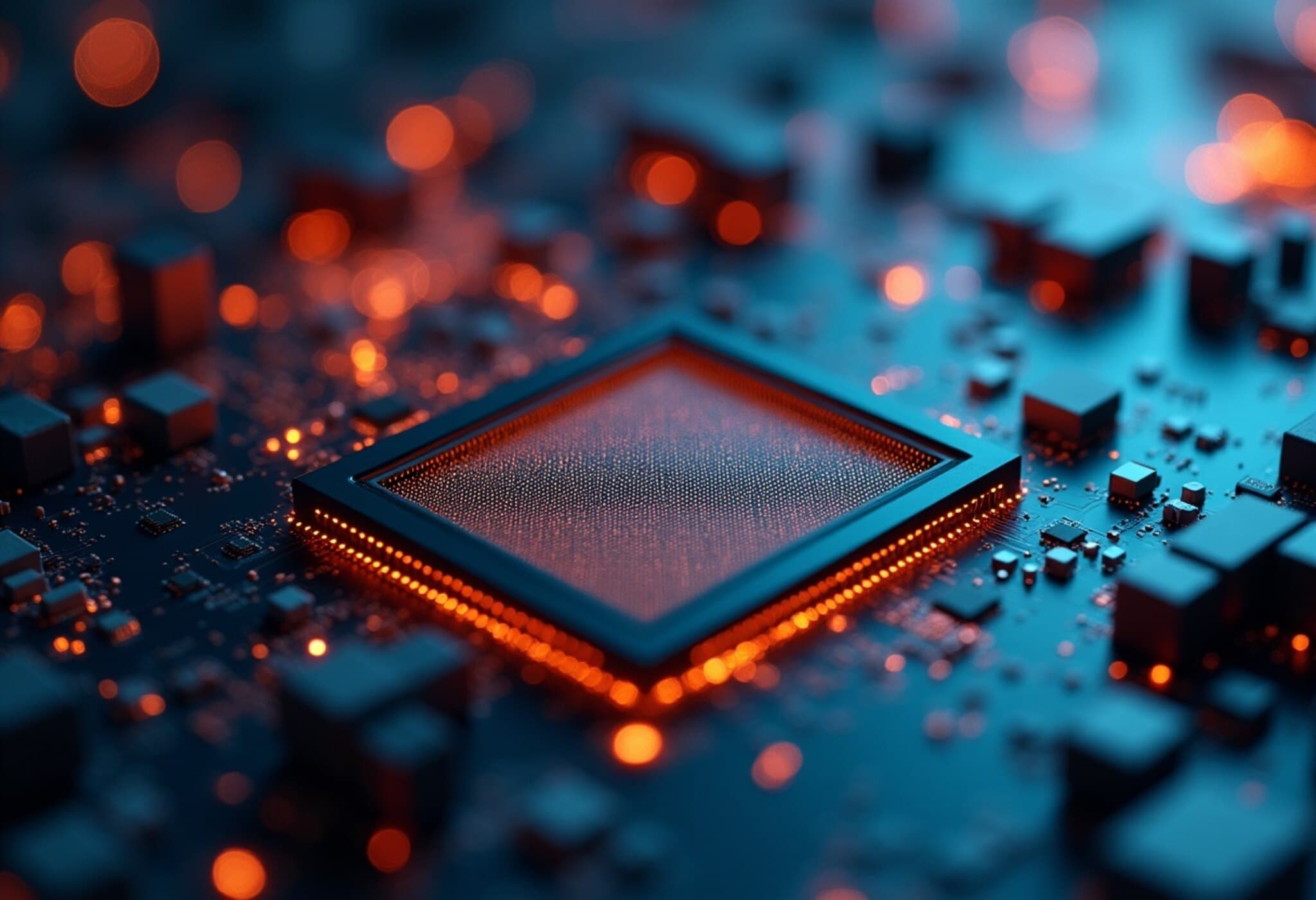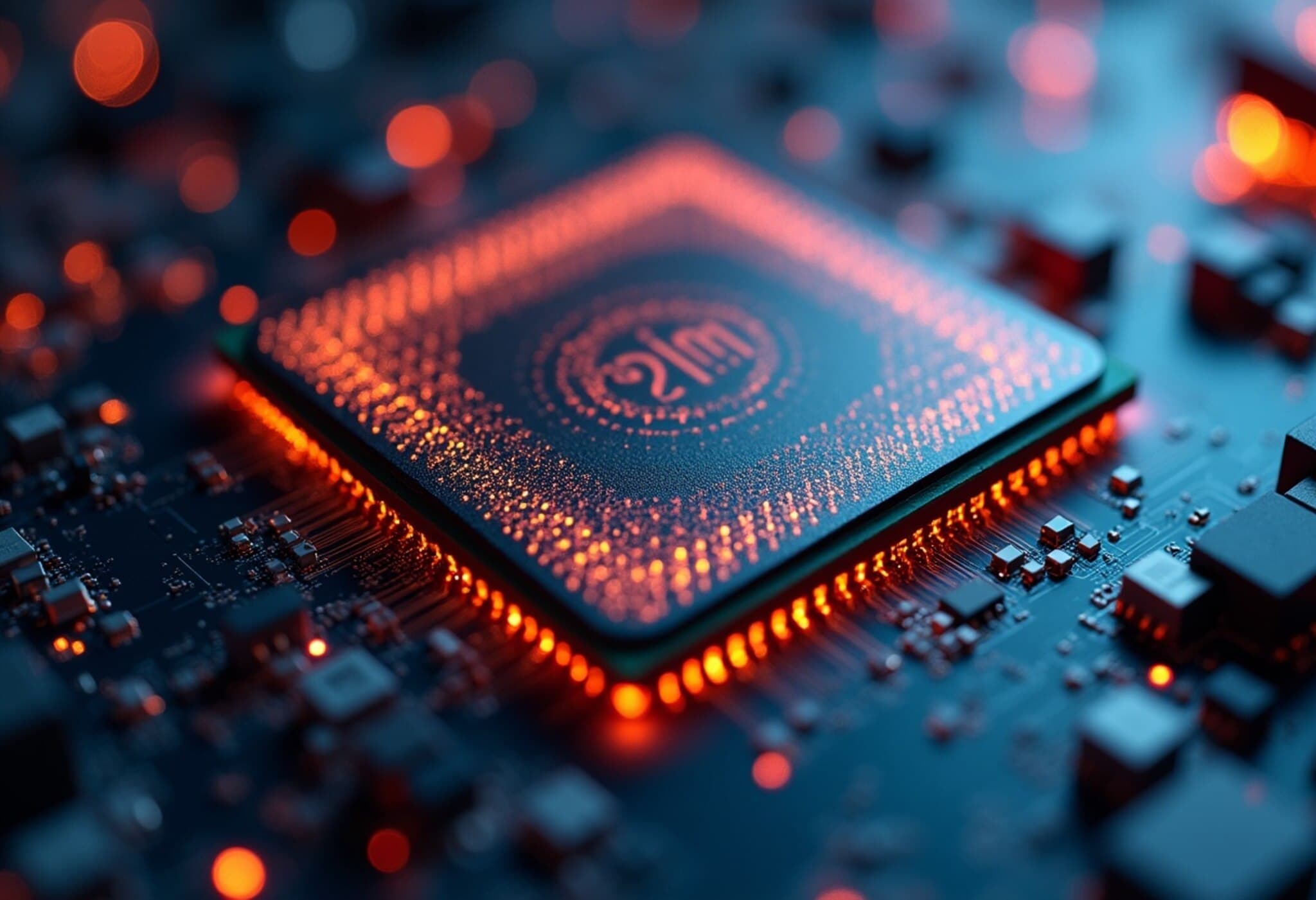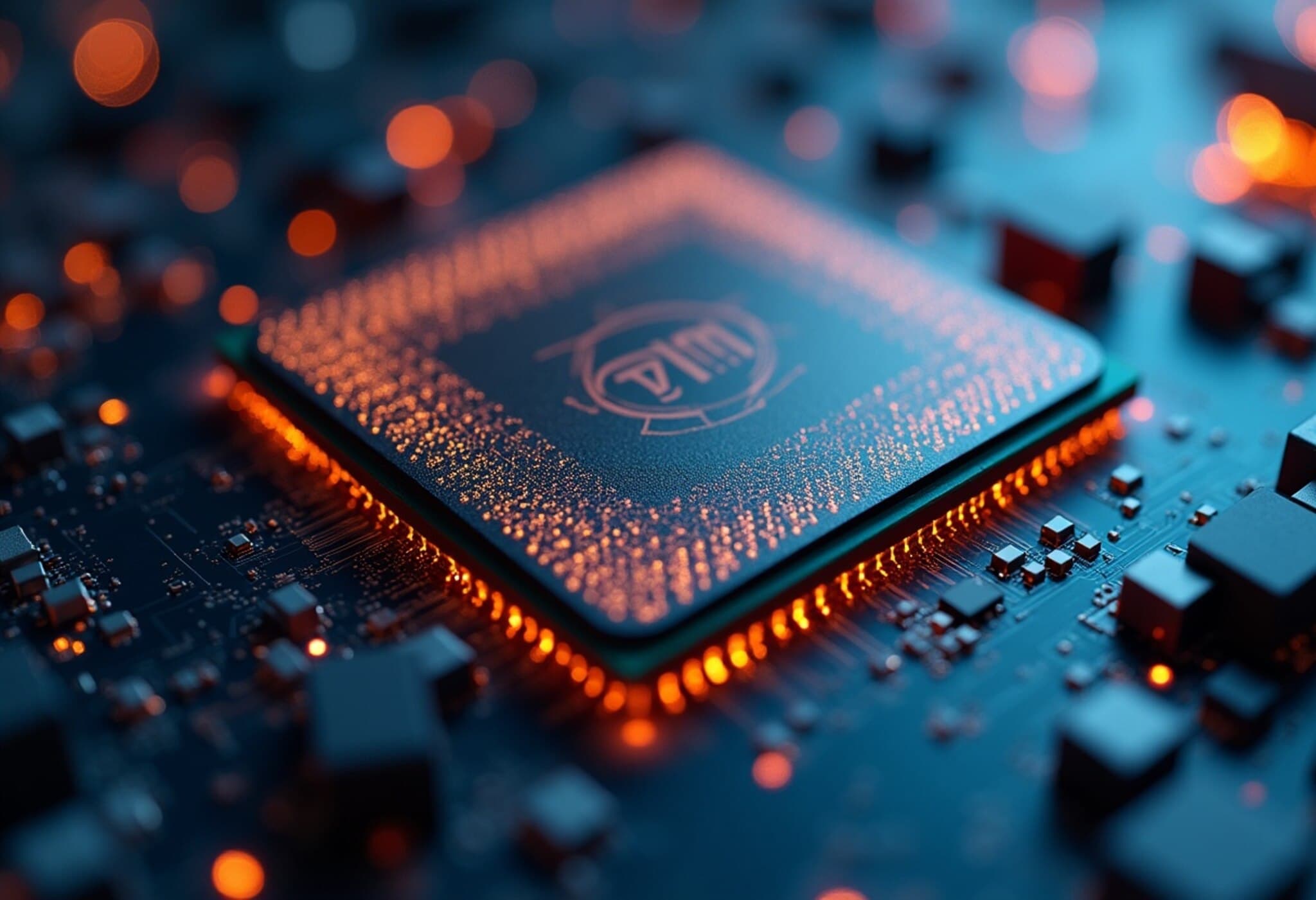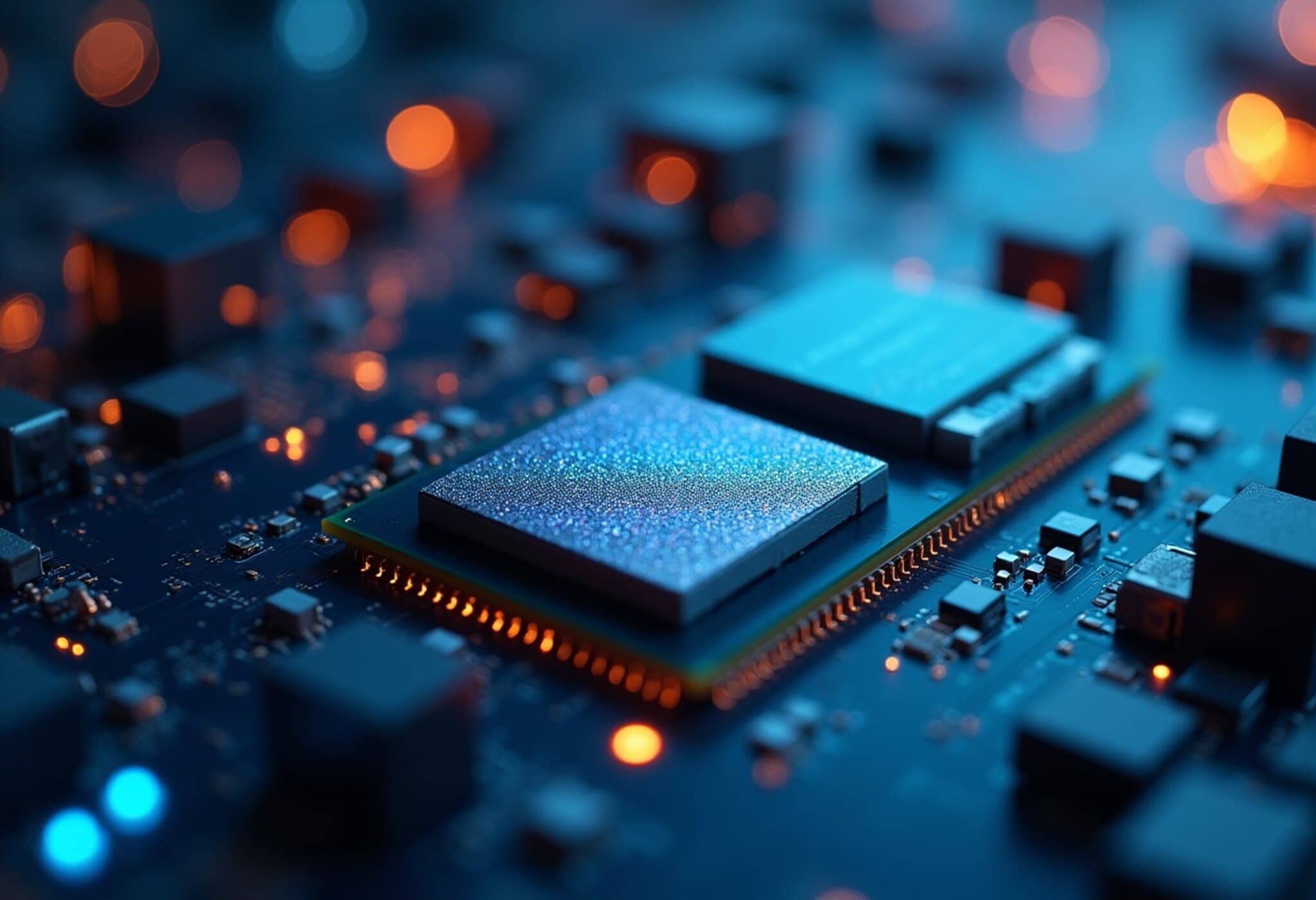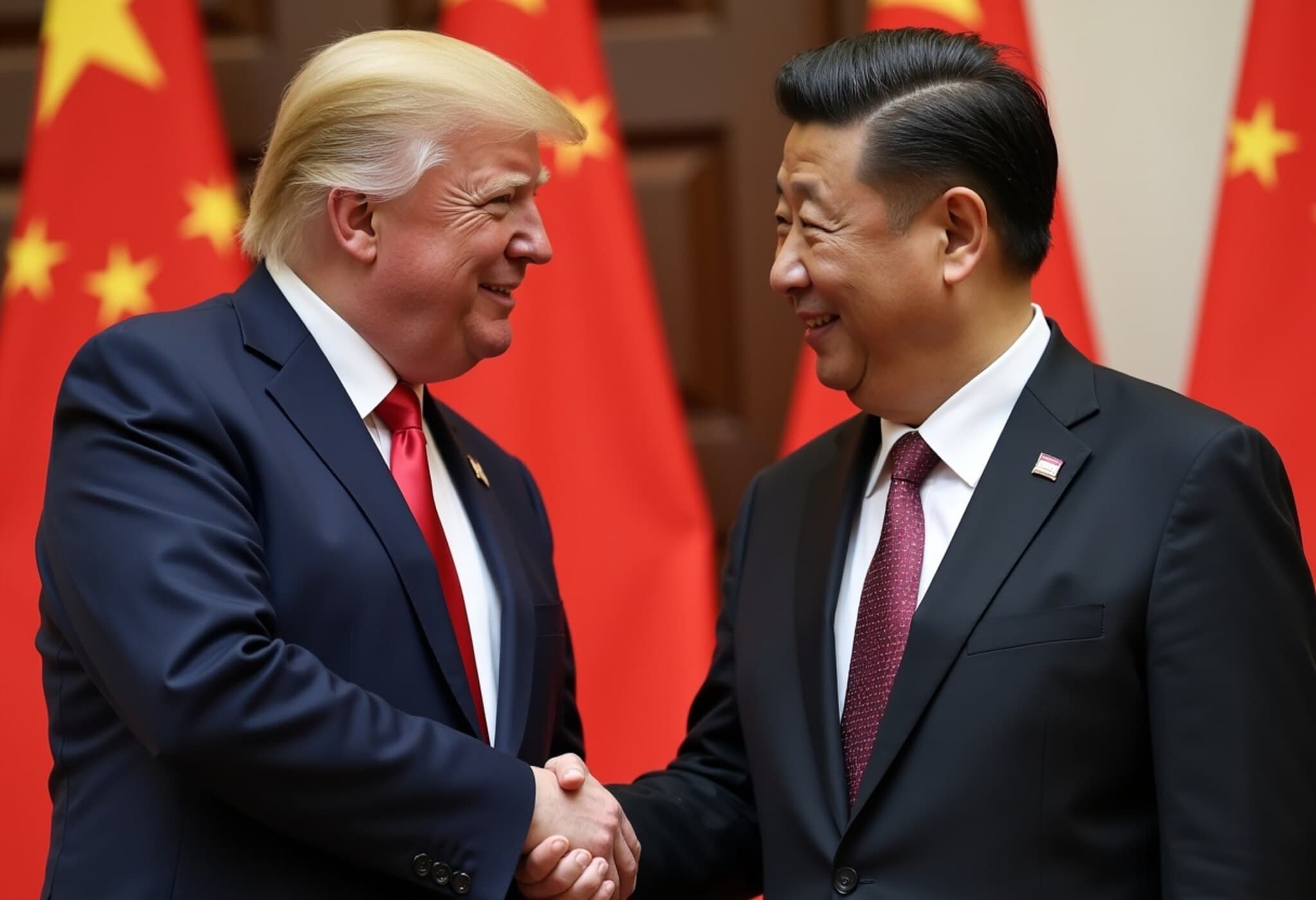Introduction: A High-Stakes Security Breach at TSMC
In a move that has sent ripples across the global semiconductor industry, Taiwanese authorities have arrested three current and former employees of Taiwan Semiconductor Manufacturing Company (TSMC) on accusations of stealing trade secrets linked to its trailblazing 2-nanometer chip technology. This incident not only underscores the immense value of cutting-edge semiconductor innovations but also highlights the increasing geopolitical sensitivity surrounding these vital technologies.
What Happened? The Alleged Theft of TSMC’s 2nm Chip Technology
TSMC, the world’s largest and most advanced chipmaker responsible for producing over 90% of the globe's leading semiconductors used by giants like Apple and Nvidia, detected unusual activity through rigorous internal security monitoring. Investigations revealed that certain employees, including those formerly with the company, allegedly accessed and attempted to disseminate proprietary information related to the company’s 2-nanometer chip manufacturing process. This technology, slated for mass production later this year, represents the pinnacle of semiconductor miniaturization and performance.
The arrests were made following legal proceedings initiated under Taiwan’s recently revamped National Security Act, designed expressly to shield critical technologies from foreign exploitation. Prosecutors confirmed that three suspects were detained over “serious suspicions of violating national security laws,” while three others related to the case were granted bail.
National Security Act: Taiwan’s Shield for Semiconductor Innovation
The stakes of semiconductor security in Taiwan have never been higher, especially given the island’s central role in global chip manufacturing and escalating tensions with China. Taiwan’s amendment to the National Security Act in 2022 targets preserving technologies more advanced than 14 nanometers—the cutting-edge frontier that TSMC currently dominates.
Under the amended law, those found guilty of misappropriating national core technologies can face imprisonment for up to 12 years and fines reaching NT$100 million (approximately $3.3 million). These stringent measures reflect Taiwan's determination to maintain technological sovereignty against industrial espionage threats.
Broader Implications for the Semiconductor Industry
- Global Chip Supply Security: TSMC’s 2nm technology signifies a leap forward impacting consumer electronics, AI development, and defense systems worldwide.
- Geopolitical Friction: The case feeds into wider anxieties about technology transfer to China, which has made aggressive inroads into semiconductor R&D and production.
- Corporate Vigilance: TSMC’s firm stance on trade secret protection acts as a deterrent and signals robust corporate governance measures in a highly competitive market.
Inside TSMC’s Response and Industry Context
TSMC has expressed a zero-tolerance policy regarding any breaches of confidential information, pledging to pursue legal remedies aggressively. The company’s history includes prolonged legal battles against competitors such as Samsung and China’s Semiconductor Manufacturing International Corporation (SMIC) over intellectual property infringements.
Industry experts note that as semiconductor processes advance toward sub-2nm nodes, the complexity and R&D costs skyrocket—thus magnifying the value and vulnerability of proprietary knowledge. This case may well serve as a precedent reinforcing the importance of safeguarding silicon secrets amid intensifying global chip wars.
Questions Still Unanswered
- What was the motive behind the alleged theft—and were foreign entities or competitors the intended recipients?
- How will this incident influence Taiwan’s legal and cybersecurity frameworks moving forward?
- What broader impact might this have on global chip supply chains already strained by geopolitical tensions and pandemic recovery?
Conclusion: The High-Stakes Battle Over Semiconductor Sovereignty
The arrests at TSMC mark a pivotal moment in Taiwan’s ongoing struggle to protect its semiconductor crown jewel. In an era where chips underpin everything from smartphones to military hardware, guarding this technology transcends corporate interests—it is a matter of national security and economic resilience.
This unfolding case serves as a vital reminder that innovation today is inseparable from cybersecurity and legal vigilance, especially in politically fraught industries like semiconductors. As Taiwan navigates these challenges, stakeholders worldwide—governments, corporations, and consumers alike—must watch closely how technology protection measures evolve amid intensifying global competition.

